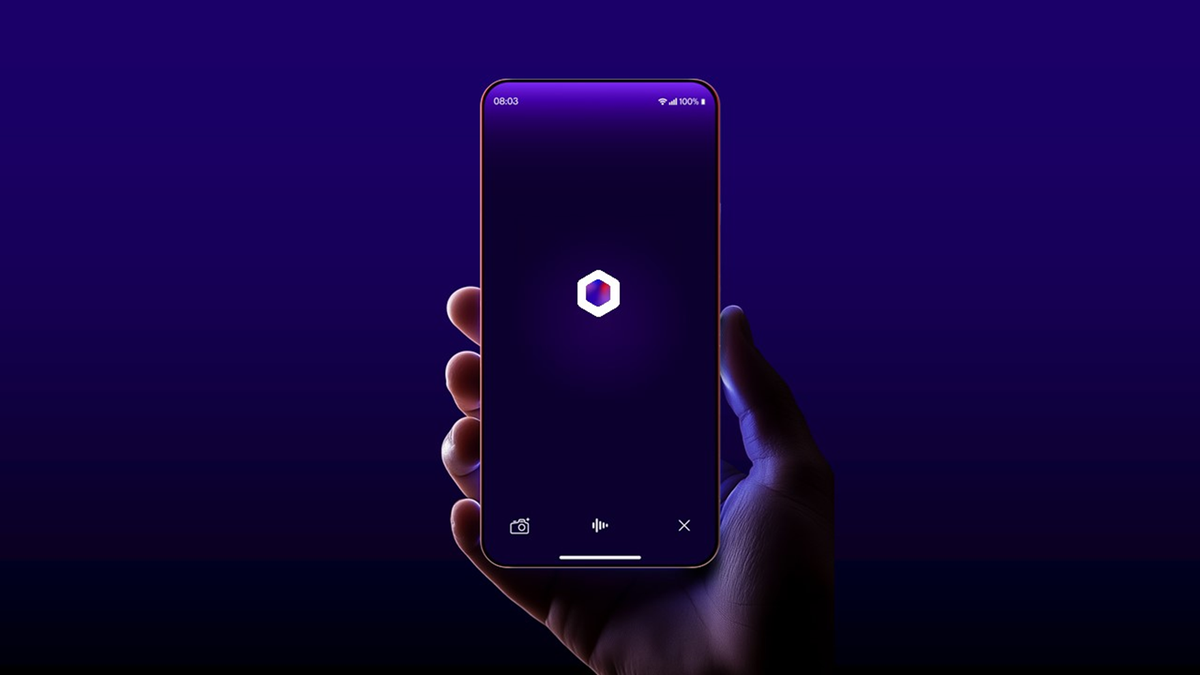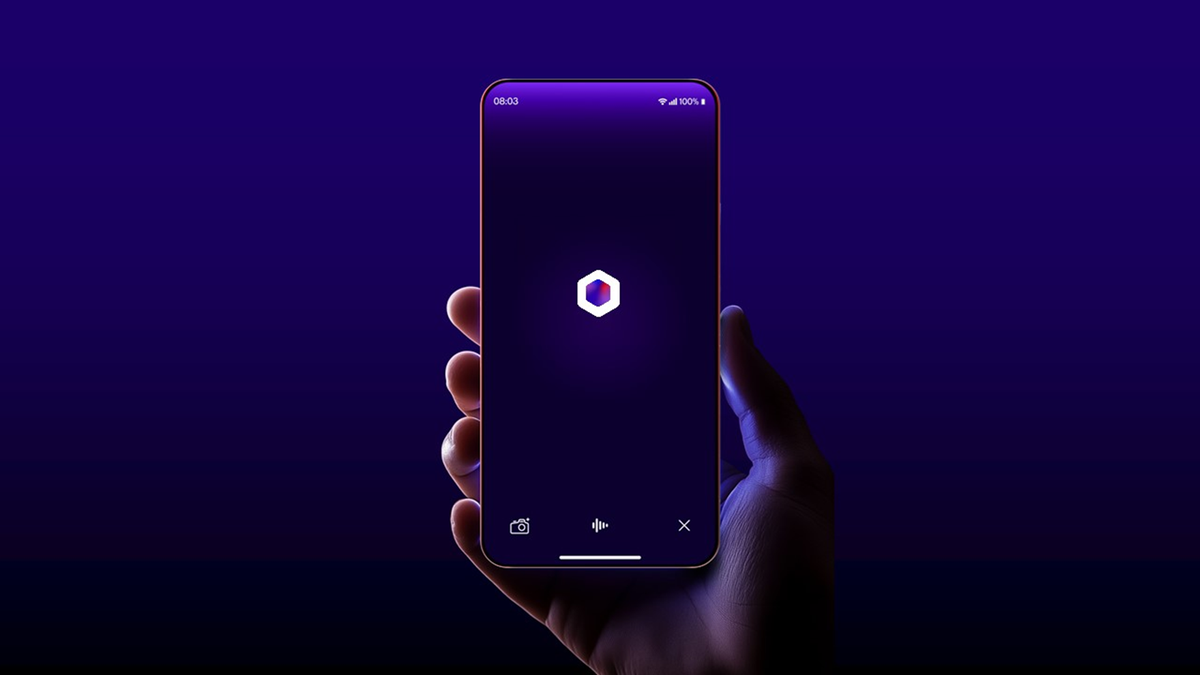
AI tools usually require cloud computing access to have enough power to run, but your future AI usage may end up not needing more than is available on your device if Qualcomm has its way. The tech giant has unveiled a new system called the Qualcomm AI Orchestrator aimed at integrating AI tools and experiences and keeping the process on your devices.
Qualcomm AI Orchestrator incorporates all of your AI usage, including what you do on your computer, mobile device, and even in your car. The orchestrator takes personal preferences and the surrounding context into account when running to make the best use of what various accessible AI apps and services can provide.
It’s the individual adaptation aspect that stands out as the biggest appeal of the AI Orchestrator. The AI uses information on your device about your contacts, where you travel regularly, what you do in a day, and even your go-to apps to personalize the experience and make a personal knowledge graph. For instance, if you have an app that you rely on to reserve seats at a restaurant, the AI Orchestrator will use that app when recommending places to go and reserve a time if you ask. It’s a more proactive approach than the standard query and response system you might be familiar with when doing text or voice searches.
The whole process is faster and safer because the AI is run on the device. That means you can store personal information without worrying about it being stolen or shared from a cloud server by malicious actors. It also makes the AI faster in its responses to you, even when taking up more power for multimodal interactions with voice and visuals.
Orchestrated Life
“Imagine a scenario where you start your day with a bunch of notifications on your phone,” Qualcomm described in a blog post. “You don’t have time to read them until your lunch break, so instead of reading all the notifications yourself, your generative AI assistant automatically creates a notification summary and can pick out important ones.”
The Qualcomm AI Orchestrator is essentially the conductor of the ‘orchestrator’ of AI instruments, not only within a device but across multiple interfaces. So, the AI using your phone to set up your dinner reservation is also linked to your car navigation and your calendar on your home computer so that you can get to the restaurant and have an alert up that you’re not responding to emails at that time.
In some ways, this sounds a lot like the personal intelligence and contextual relevance Apple Intelligence is set to bring to Siri in the coming months. The difference is that Apple Intelligence is only supporting certain iPhones, Macs, and iPads. Qualcomm AI Orchestrator could end up on all sorts of devices running the latest Qualcomm chips.
Qualcomm hopes to further expand the orchestrator as AI tools continue to evolve. It may end up helping run your smart home devices and even take over the phone calls with customer service agents you don’t want to make. Even if Qualcomm’s dream of redefining the way you interact with AI is unlikely to happen any time soon, the concept of interconnected but on-device AI processing could prove popular enough that others take a cue from Qualcomm in their next line of AI products.
You might also like…
Services Marketplace – Listings, Bookings & Reviews
